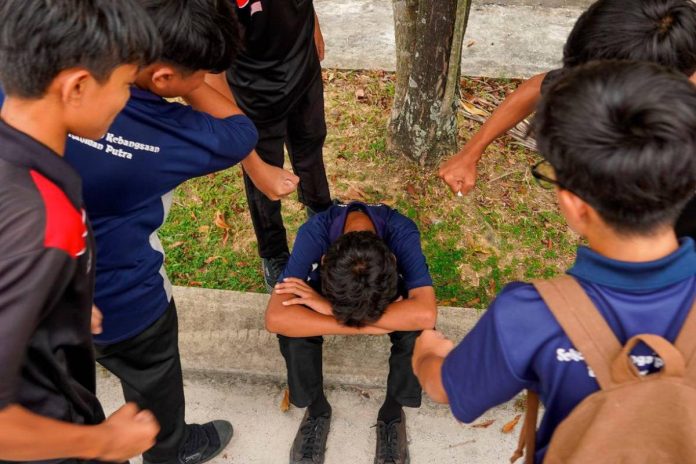PETALING JAYA: The debate over corporal punishment in schools continues to divide opinion. While education experts caution against the risks of caning, some parents believe it still has a role, provided it is carried out with clear guidelines and the right intent.
Manager at a Johor-based company Mohd Fadzli Farid, 39, said caning should be permitted to address serious misconduct, but emphasised the need for regulation to prevent abuse.
“Teachers should be allowed to cane students for disciplinary purposes. But to prevent misuse or excessive force, there must be proper SOP (standard operating procedure) in place. For example, the cane shouldn’t be too thick and the force and method of caning should be standardised,” he said in WhatsApp remarks to theSun.
He added that many students today are spoilt due to being coddled at home and some parents appear to have lost sight of effective discipline.
“Parents need to learn how to be truly effective, firm but nurturing. Minor offences can be addressed through lighter punishments such as deducting merit points or assigning school-cleaning tasks. But for serious issues involving integrity, crime or bullying, caning should be considered.”
Businesswoman and mother of school-going children Qurnisha Hamka, 36, echoed this view. Having grown up during a time when caning was common, she believes it can still be effective if done with care and purpose.
“I’m okay with caning, as long as it’s meant to teach and is not done out of anger. I do struggle now as a parent – on one hand, I want to protect my children’s feelings, but on the other, if they’re not disciplined, how will they learn?”.
A former journalist, Qurnisha stressed that effective discipline requires balance and communication. She noted that teachers today face unnecessary challenges from overprotective parents, which can undermine students’ resilience and sense of responsibility.
“In our home, we still uphold the values we were raised with. If a child needs to be punished, it should be done, but the reason must be explained. Caning isn’t about lashing out. Timing and method matter.”
She also shared that her husband practises caning when necessary, but with strict boundaries.
“He only canes our sons on the soles of their feet. Afterwards, he sits down with them, calms them and explains why they were punished. The anger doesn’t linger. It’s never done blindly or violently.”
Former teacher and ex-warden Mushitah Abu, 62, proposed that boarding schools nationwide adopt the approach taken by Mara Junior Science Colleges, which have begun employing retired police and military personnel as full-time wardens under a pilot project aimed at tackling bullying and enhancing student discipline.
“Although this may require more government spending, I strongly believe it can be effective. Teachers should focus on educating and shaping future leaders, not be burdened with supervising teenagers in their dorms.”
Eight army veterans officially began their duties as hostel wardens at two campuses – one in Besut, Terengganu and another in Balik Pulau, Penang on Aug 18.
Malaysian Armed Forces Veterans Affairs Department director-general Maj Gen Datuk Semaon Marjuki confirmed the appointments as part of Mara’s pilot initiative. He said four men and four women were selected after passing the required tests and interviews.
For parents like Mohd Fadzli and Qurnisha, the message is clear: caning, when carefully regulated, should not be dismissed as outdated. Instead, it should be viewed as a disciplinary tool that complements – rather than replaces – counselling and other rehabilitative approaches.







